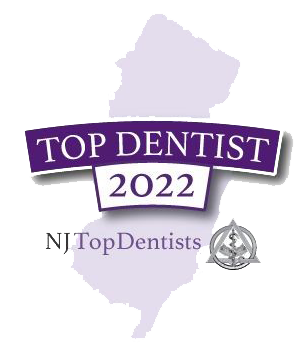Trauma: Trauma can include any blow to the jaw or to the head and neck area. The pain may take weeks or even years following the incident before it becomes prevalent.
Stress: With a lot of stress, the first muscles to contract are the chewing muscles which can lead patients to clench or grind their teeth adding to craniomandibular pain. Craniomandibular pain is closely related to TMJ pain and disorder.
Bad Habits: Bad habits such as thumb sucking, which drives the lower jaw backwards into the sensitive soft tissue at the back of the jaw joint; nail biting; clenching and grinding the teeth; and even lying on the carpet, chin in hands, watching television can affect the jaw joint and cause TMJ disorders.
Incisal Interference: Some dentists feel this is the major reason for TMJ disorders. Incisal interference occurs when the lower jaw is pushed backwards during jaw closing by the shape of the incisor teeth – say by a crown that is too thick or by upper incisors that are sloped towards the roof of the mouth, known as a class 2/2 bite – then the lower jaw can push into the delicate soft tissue at the back of the joint capsule.
Jaw Overuse: If you play tennis, you may end up with elbow or wrist problems later life. If you overuse your jaw, as with regular chewing of gum, then similarly in later life you can expect jaw joint problems. The same goes for some occupations – using a jack hammer at work or other activities where the head and neck are repeatedly jarred – can lead to TMJ degeneration.
Arthritic Degeneration: If you suffer from arthritis, then your jaw may be afflicted by this condition.
Call today for a complimentary consultation at 855.TMJ.DOCS or 855. 865.3627 and let the doctors at the Headache & TMJ Center of New Jersey help you get out of pain!

